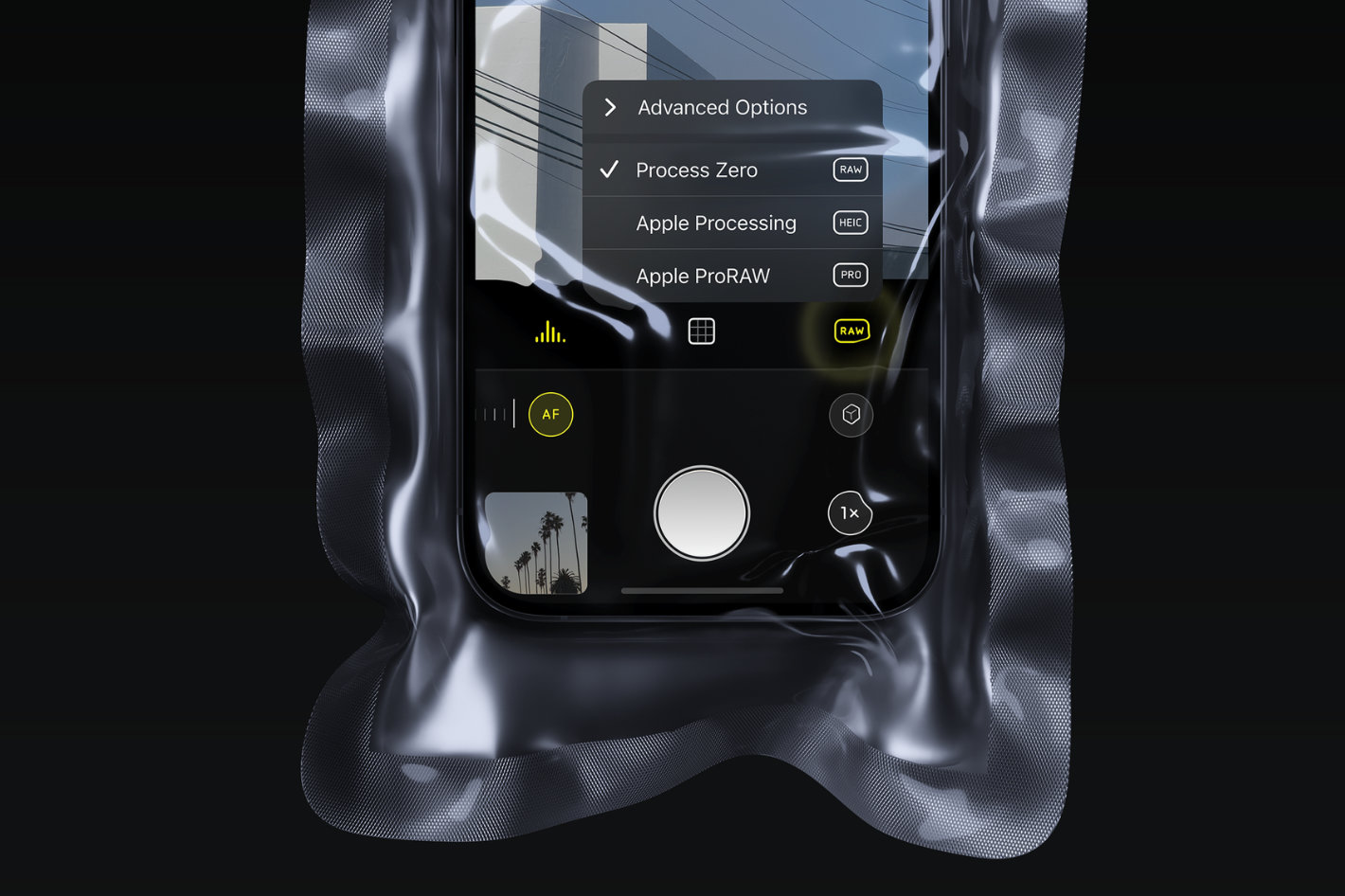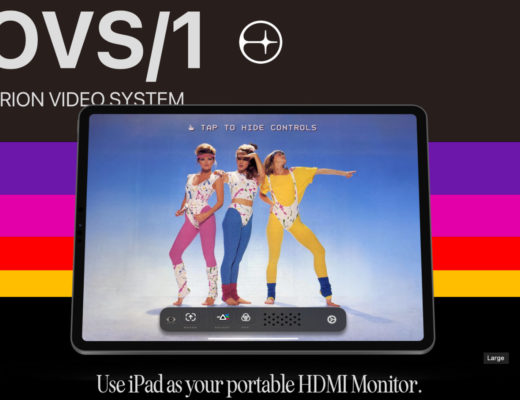 If you’re tired of having AI in everything you use and need a break, the Halide app for iPhone has a solution for you. It’s called Process Zero and uses zero AI and zero computational photography.
If you’re tired of having AI in everything you use and need a break, the Halide app for iPhone has a solution for you. It’s called Process Zero and uses zero AI and zero computational photography.
The – small – team behind the popular photography app Halide, for iPhone (unfortunately it’s not available for Android), Spectre, the long exposure app for everyone (with an iPhone), and more recently the filming app Kino (for iPhone users) is also the team behind Orion, a free software that turns your iPad into an HDMI monitor. Now, without any previous announcement, the Lux Optics team introduces Process Zero, which, Ben Sandofsky calls “The Anti-Intelligent Camera.”
Process Zero lives inside Halide and, when activated, turns your iPhone into a classic camera. What this means is that it skips over the standard iPhone image processing system. It produces photos with more detail and allows the photographer greater control over lighting and exposure. For those who said “oh, another filter” Ben Sandofsky notes, “this is not a photo filter— it really develops photos at the raw, sensor-data level.”
The developers of the app are aware that modern smartphones let anyone just press a button and get a nice picture, but are concerned that they “swap faces, insert stock photos of the moon, or use AI to generate completely new elements”. Just look at all the wizardry included in the recent Google Pixel 9 Pro smartphones and, if you want to have more control over your pictures, you’ll wish there was a way to turn all that off… sometimes for good.
 Process Zero is a single-shot process
Process Zero is a single-shot process
Because smartphones are getting “smarter” and many people seem to be happy with all the things they do, the developers of Halide feared they would soon be out of business, but, as Ben Sandofsky reveals, “as cameras have gotten smarter, Halide has only thrived”, because, he adds, “users want more than standard manual controls— they want control over algorithms.”
The developers of Halide have nothing against the algorithms used to do all the trickery but believe that “leaving all decisions to a machine means sacrificing some choices as an artist. A machine can only make objective decisions, but many technical decisions are inherently subjective.” So, they added Process Zero to Halide.
Just like film, Process Zero photos come with (digital) negatives, affording incredible control to change exposure after the fact. The developers say that “much like film, it has grain. It works best in daytime or mixed lighting, rather than nighttime shots. Thankfully, unlike film, you don’t need any chemicals to develop these negatives. We give you one dial.”
Modern smartphones take multiple exposures to make a final image, but Halide with Process Zero is a single-shot process, meaning that if parts of your image are not properly exposed, there are no algorithms to fix that. Ben Sandofsky says that “our single-shot approach is the only reliable way to give users total control over shutter speed and other exposure settings” but adds “just be careful what you wish for. Turning off the algorithms has tradeoffs.”
 Process Zero + Image Lab
Process Zero + Image Lab
In fact, when you activate “Process Zero: The Anti-Intelligent Camera”, you get a less saturated, softer, grainier, and quite different result than what you see from most phones. It’s also a 12-megapixel file, even if you’ve a model with 48-megapixel resolution, and you can not use the 2x zoom, because that depends on Apple’s algorithm. What you get, though, is a true Bayer RAW file, which can be used in any full-fledged RAW editor that reads DNG. The developers also introduce with Process Zero Image Lab, a one-dial solution to developing your negative, for those who want to do everything in their phone.
According to Ben Sandofsky “Image Lab is not a full-fledged editor. It does not contain any color or contrast adjustment knobs. You can’t even crop! Think of Process Zero + Image Lab as “step zero” of your workflow.”
Halide with Process Zero is step one in a journey that will take the app to its Mark III version, one which the developers say will be the next-generation of Halide. The app is available under a subscription model and new memberships will cost $19.99. If you rather have a perpetual license, use the one-time-purchase option for $60. Although it’s technically a one-time purchase for Mark II, the developers have decided to include Mark III, too.
So, if you want your iPhone to work as a conventional camera, where light and shadow really matter, with all the challenges of analog cameras – that’s, after all, what photography is all about – Halide with Process Zero is the app to buy. Android users don’t need to apply, as this is a solution for iPhone only.

Filmtools
Filmmakers go-to destination for pre-production, production & post production equipment!
Shop Now













